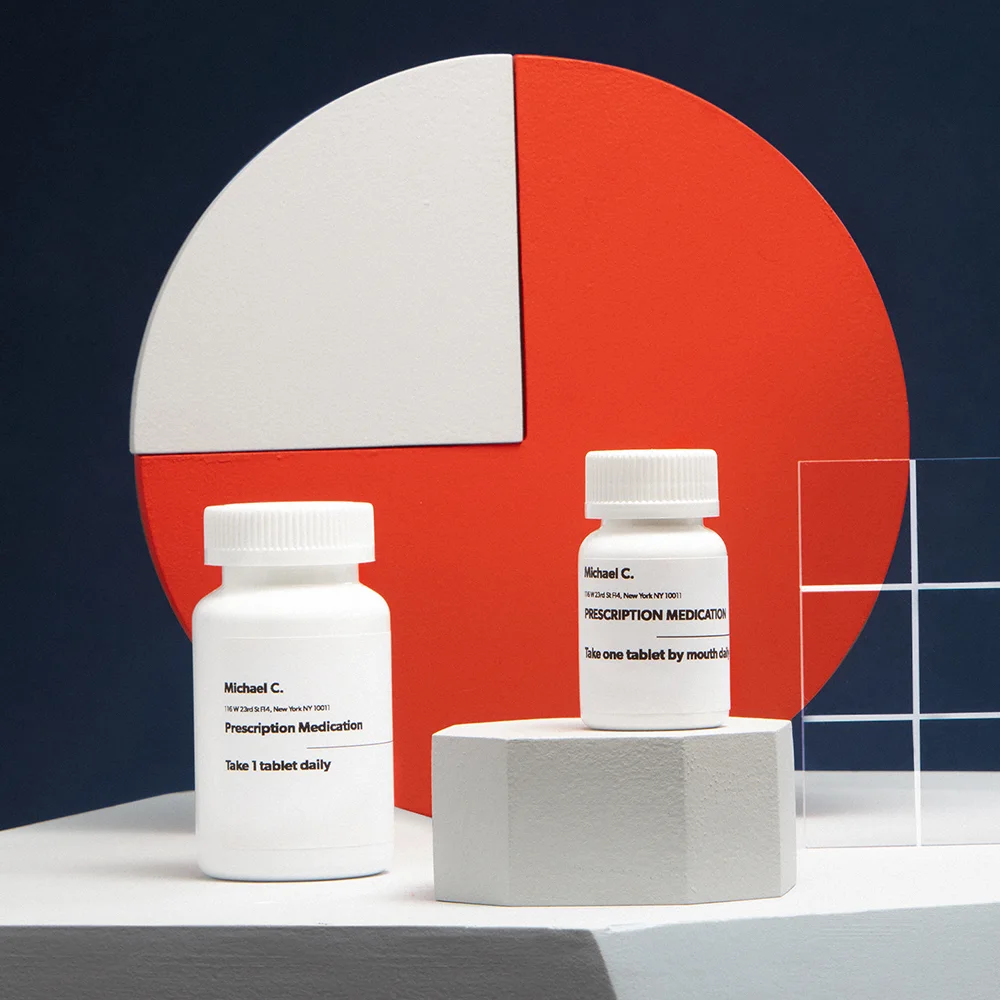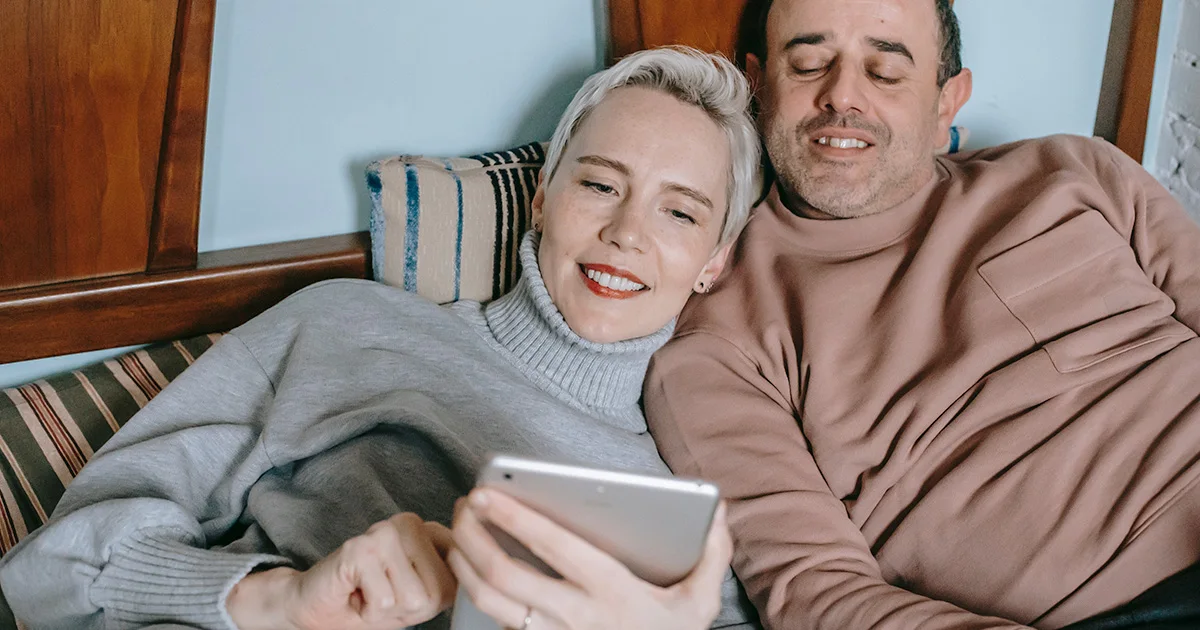What is the best treatment for cold sores?

Reviewed by Mike Bohl, MD, MPH, ALM,
Written by Michael Martin
last updated: Oct 04, 2019
4 min read
Here's what we'll cover
If you get cold sores, you want them gone yesterday. Uncomfortable and unsightly, a breakout can mess up a big event or just make you feel self-conscious. The good news is that there are several prescriptions and over-the-counter remedies that can help banish cold sores. But what is the best cold sore medicine?
Cold sores, also known as fever blisters, are caused by HSV-1 (herpes simplex virus 1) or HSV-2 (herpes simplex virus 2). They generally clear up on their own within two weeks. But you can take antiviral medications to shorten healing time and suppress recurrent breakouts. Antiviral drugs prescribed for cold sores include valacyclovir (brand name Valtrex), acyclovir (brand name Xerese or Zovirax), famciclovir (brand name Famvir) and penciclovir (brand name Denavir).
But what's the difference between them?
Valacyclovir Important Safety Information: Read more about serious warnings and safety info.
Valacyclovir
Valacyclovir is one of the most commonly prescribed drugs for treating cold sores and genital herpes. It's probably the first medication your doctor will prescribe for a cold sore outbreak.
Oral valacyclovir was approved by the FDA in 1995 to treat cold sores (herpes labialis), genital herpes, and shingles (herpes zoster), which is caused by the varicella-zoster virus (VZV).
Valacyclovir is antiviral therapy, meaning that it reduces the ability of herpes viruses to multiply in your body. When you take a tablet of valacyclovir, it's converted into the active substance acyclovir. Acyclovir prevents the herpes virus from reproducing, helping to control symptoms.
Oral valacyclovir starts working almost as soon as you start taking it, although it can take up to 10 days for herpes blisters to heal. Studies show that valacyclovir can speed healing of a herpes outbreak (Spruance, 2003), reduce the incidence of recurrent herpes, and lower your risk of transmitting herpes to your partner (Hollier, 2015).
Read more about valacyclovir—including dosages, side effects, and the conditions it treats—in our guide to valacyclovir.
Acyclovir
Acyclovir is an older antiviral medication that's still commonly used to treat cold sores, genital herpes, and shingles. Discovered in the late 1970s, it was the first highly effective medication against herpes and was used as a first-line treatment for decades.
Acyclovir targets herpes DNA to prevent it from replicating. But the drug is limited by its bioavailability, or how much of it is absorbed by the body (only about 20% of a dose). That's why researchers created valacyclovir, which is more efficiently absorbed in the digestive tract. Its oral bioavailability level is about 55 percent.
Studies show that acyclovir is effective against the herpes virus — you just need to take more of it than you do valacyclovir.
Famciclovir
Famciclovir is another antiviral drug prescribed to combat some types of herpes infections. But unlike valacyclovir and acyclovir, which are usually prescribed for HSV-1 and HSV-2, famciclovir is typically used to treat shingles (herpes zoster). Just as valacyclovir is an updated "prodrug" version of acyclovir—a variant that allows more of the active ingredient to be absorbed by the body—famciclovir is a prodrug of a medication called penciclovir.
Penciclovir
Penciclovir was FDA approved in 1996 as a treatment for cold sores (herpes labialis). Because of its poor oral bioavailability, it's largely prescribed as a topical cream. Penciclovir is the active ingredient in cold sore medications Denavir, Vectavir, and Fenivir.
What's the best cold sore medicine?
Valacyclovir or famciclovir are probably the "best" cold sore medicines because they are better absorbed by the body than the previous first-line treatment, acyclovir. So you can take a lower dosage less frequently to see results. Other than this, no head-to-head studies have been conducted to determine which medication is actually the "best" or most effective at treating cold sores.
Unlike over-the-counter treatments, which are focused on relieving symptoms, prescription antiviral medications can actually prevent future cold sore breakouts.
Cold sore home remedies and treatments
Several over-the-counter products can alleviate discomfort and help cold sores heal.
Abreva
Docosanol (brand name Abreva) is an over-the-counter ointment for cold sores that may shorten healing time. At the first sign of cold sore symptoms—such as tingling—apply it to the affected area as directed.
Lip balm or moisturizer
Using a lip balm, petroleum jelly, or moisturizer with SPF (sunscreen) on your lips can help the area feel better, and keeping wounds moist is an effective way to help them heal. Making sure your lips aren't too dry will prevent you from reinjuring the area when you smile, eat, or drink.
Pain-relieving creams
Over-the-counter creams and ointments that contain lidocaine or benzocaine may relieve the pain of cold sores. A popular brand is Orajel, although generic equivalents (and prescription-strength forms) are widely available.
Cold compress
Applying a cool, damp cloth to the broken-out area can soothe irritated skin and soften scabs.
Over-the-counter pain relievers
Over-the-counter drugs like ibuprofen (brand name Advil) or acetaminophen (brand name Tylenol) can ease the discomfort of cold sores.
Cold sores vs. canker sores
Before you seek out cold sore medicine, make sure what you're dealing with isn't a canker sore, which is a very different thing.
Cold sores tend to appear in three stages:
Tingling, burning, or itching: A cold sore may be preceded by itching, burning, or tingling around the lips for a day or more. Then a small, painful spot (or multiple spots) will appear, replaced by a blister or cluster of blisters.
Blisters: The small, fluid-filled blisters usually appear where the lips meet the face. Cold sores can also show up around the nose or on the cheeks.
Oozing and crusting: After a few days, the small blisters burst. Open sores ooze fluid, then crust over to form scabs.
Here's how canker sores are different:
Canker sores are greyish ulcers that form on the inside of the mouth. Cold sores generally appear outside the mouth, on the lips or nearby.
Canker sores are not caused by a virus or bacteria. Experts aren't sure exactly what causes them. Canker sores tend to surface during times of stress or lowered immunity, or after you've injured your tongue or the inside of your mouth.
Canker sores are not contagious — they can't be transmitted to another person's lips, mouth, or genitals. But cold sores are very contagious.
Unlike cold sores, canker sores don't respond to prescription medication (although topical prescription steroids can be helpful). Over-the-counter treatments (like lidocaine or benzocaine cream) can ease the pain.
If you're unsure whether you have a cold sore or canker sore, see a healthcare provider. They'll be able to tell you on sight, and they can advise you on strategies to speed healing time, reduce discomfort, and prevent transmission to others.
DISCLAIMER
If you have any medical questions or concerns, please talk to your healthcare provider. The articles on Health Guide are underpinned by peer-reviewed research and information drawn from medical societies and governmental agencies. However, they are not a substitute for professional medical advice, diagnosis, or treatment.
Hollier, L. M. & Eppes, C. (2015). Genital herpes: oral antiviral treatments. BMJ Clinical Evidence, 2015,
Retrieved from https://www.ncbi.nlm.nih.gov/pmc/articles/PMC4389798/
Spruance, S. L., Jones, T. M., Blatter, M. M., Vargas-Cortes, M., Barber, J., Hill, J., et al. (2003). High-dose, short-duration, early valacyclovir therapy for episodic treatment of cold sores: results of two randomized, placebo-controlled, multicenter studies. Antimicrobial Agents and Chemotherapy, 47 (3): 1072-1080. doi: 10.1128/AAC.47.3.1072-1080.2003. Retrieved from https://www.ncbi.nlm.nih.gov/pmc/articles/PMC149313/










